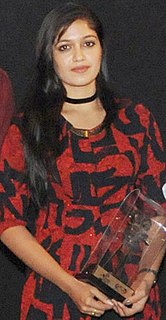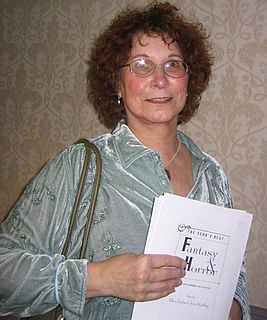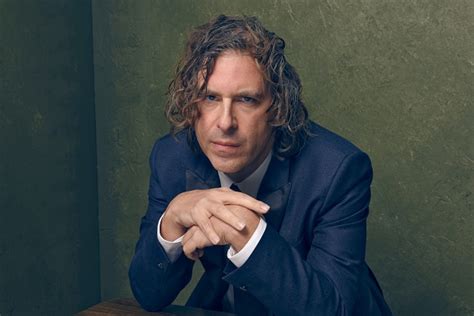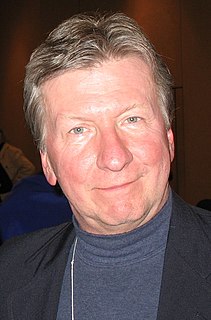A Quote by Meghana Raj
Related Quotes
A good piece of fiction, in my view, does not offer solutions. Good stories deal with our moral struggles, our uncertainties, our dreams, our blunders, our contradictions, our endless quest for understanding. Good stories do not resolve the mysteries of the human spirit but rather describe and expand up on those mysteries.
In some ways I spend longer at non-fiction because there are a lot of different threads to bring together. But non-fiction is more reflective than immersive. The problem with fiction sometimes is that you have to leave the real world to enter the fictional one. And that takes so much, goes into your head for so long?.?.?.?I don't know, I just feel less inclined toward that these days, and more inclined to remain in my own life. I do like really good fiction, but it's getting harder to hold my attention in a novel.
I love mysteries. To fall into a mystery and its danger ... everything becomes so intense in those moments. When most mysteries are solved, I feel tremendously let down. So I want things to feel solved up to a point, but there's got to be a certain percentage left over to keep the dream going. It's like at the end of Chinatown: The guy says, 'Forget it, Jake, it's Chinatown.' You understand it, but you don't understand it, and it keeps that mystery alive. That's the most beautiful thing.
I grew up reading crime fiction mysteries, true crime - a lot of true crime - and it is traditionally a male dominated field from the outside, but from the inside what we know, those of us who read it, is that women buy the most crime fiction, they are by far the biggest readers of true crime, and there's a voracious appetite among women for these stories, and I know I feel it - since I was quite small I wanted to go to those dark places.
With nonfiction, I had to learn how to be a clear communicator, but it was also a relief to be able to articulate some of my political ideas and beliefs. I also try to do that in my fiction, but I'm more interested in asking questions that lead to more questions, mysteries that lead to more mysteries, rather than immediate answers and solutions.




































